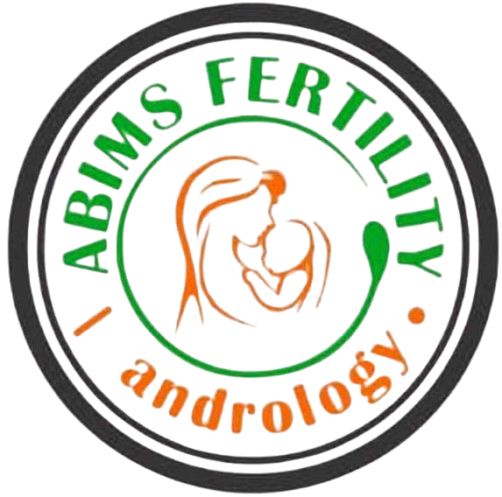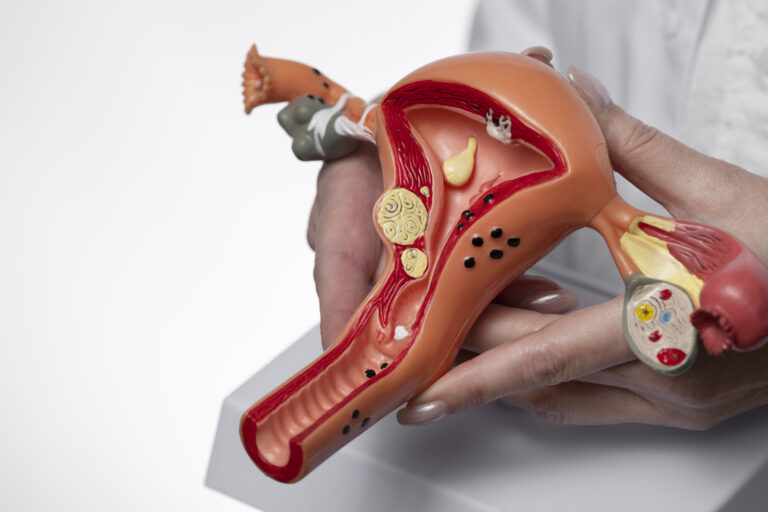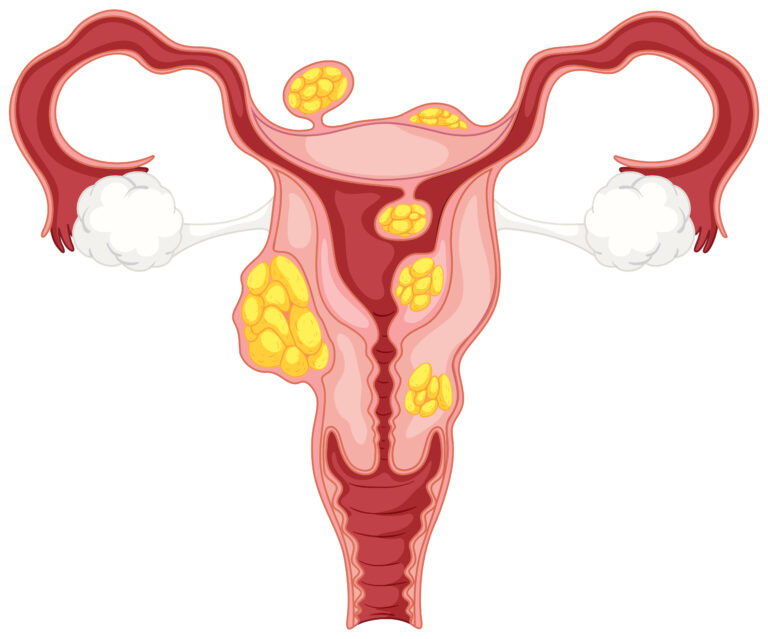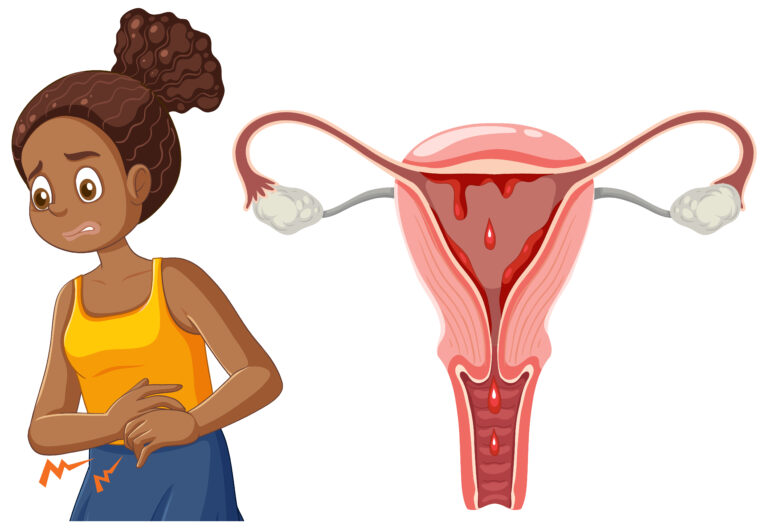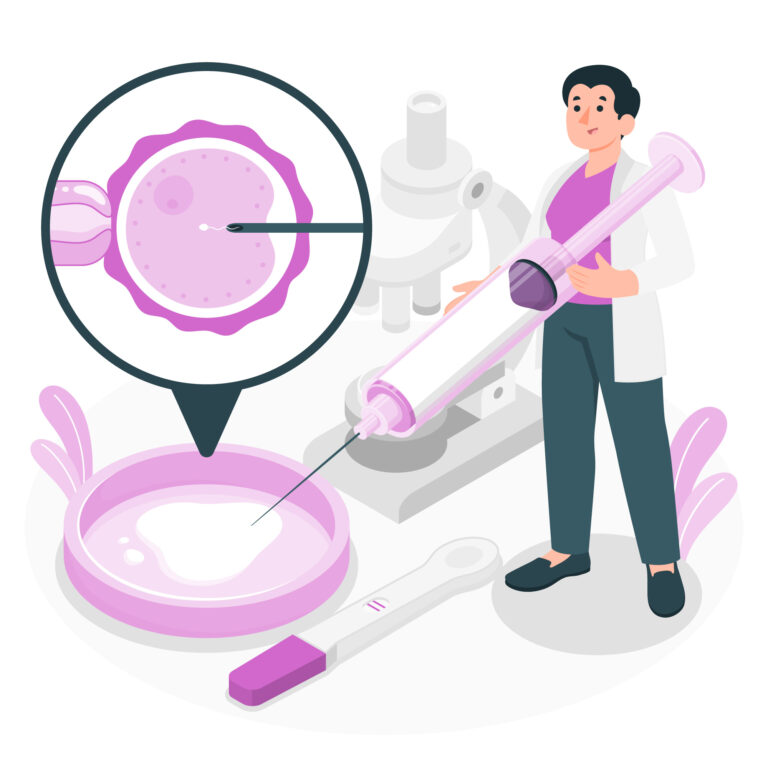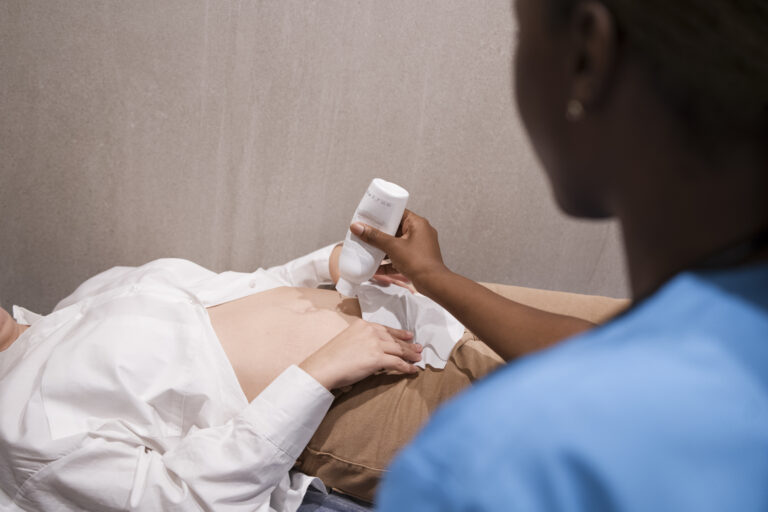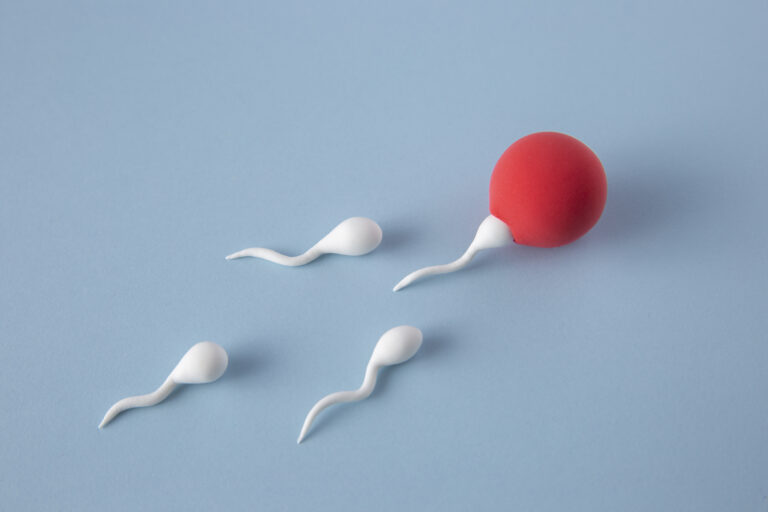It is important to understand the biological changes that occur in female fertility, especially for women aged 40 and above who are trying to conceive.
Ovarian reserve naturally declines with age, and this decline becomes more significant after the age of 35. At age 40 and above, evaluating key hormonal markers such as Follicle Stimulating Hormone (FSH), Luteinizing Hormone (LH), and Anti-Müllerian Hormone (AMH) is crucial.
If your FSH and LH levels fall within the normal range (typically between 4–10 IU/L), and your AMH is low, the use of fertility-enhancing supplements may offer some benefit. In some cases, with proper support and supplementation, there can be a mild improvement in ovarian function.
However, if LH levels are elevated and AMH is significantly low, especially in women over 40, restoring ovarian reserve becomes much more challenging. This is why it’s essential to undergo proper diagnostic testing before starting any fertility supplement, including products like Fertilgain, which are designed to support ovarian function.
In women with diminished ovarian reserve, abnormal FSH and LH levels can also disrupt menstrual regularity, further complicating conception efforts.
Key recommendation:
Any woman attempting to conceive, particularly at 40 years and above, should undergo an AMH test as part of their fertility assessment. It provides valuable insight into the quantity of remaining eggs and overall ovarian reserve, thereby guiding appropriate medical or supportive interventions.
It is important to understand the biological changes that occur in female fertility, especially for women aged 40 and above who are trying to conceive.
Ovarian reserve naturally declines with age, and this decline becomes more significant after the age of 35. At age 40 and above, evaluating key hormonal markers such as Follicle Stimulating Hormone (FSH), Luteinizing Hormone (LH), and Anti-Müllerian Hormone (AMH) is crucial.
If your FSH and LH levels fall within the normal range (typically between 4–10 IU/L), and your AMH is low, the use of fertility-enhancing supplements may offer some benefit. In some cases, with proper support and supplementation, there can be a mild improvement in ovarian function.
However, if LH levels are elevated and AMH is significantly low, especially in women over 40, restoring ovarian reserve becomes much more challenging. This is why it’s essential to undergo proper diagnostic testing before starting any fertility supplement, including products like Fertilgain, which are designed to support ovarian function.
In women with diminished ovarian reserve, abnormal FSH and LH levels can also disrupt menstrual regularity, further complicating conception efforts.
Key recommendation:
Any woman attempting to conceive, particularly at 40 years and above, should undergo an AMH test as part of their fertility assessment. It provides valuable insight into the quantity of remaining eggs and overall ovarian reserve, thereby guiding appropriate medical or supportive interventions.
